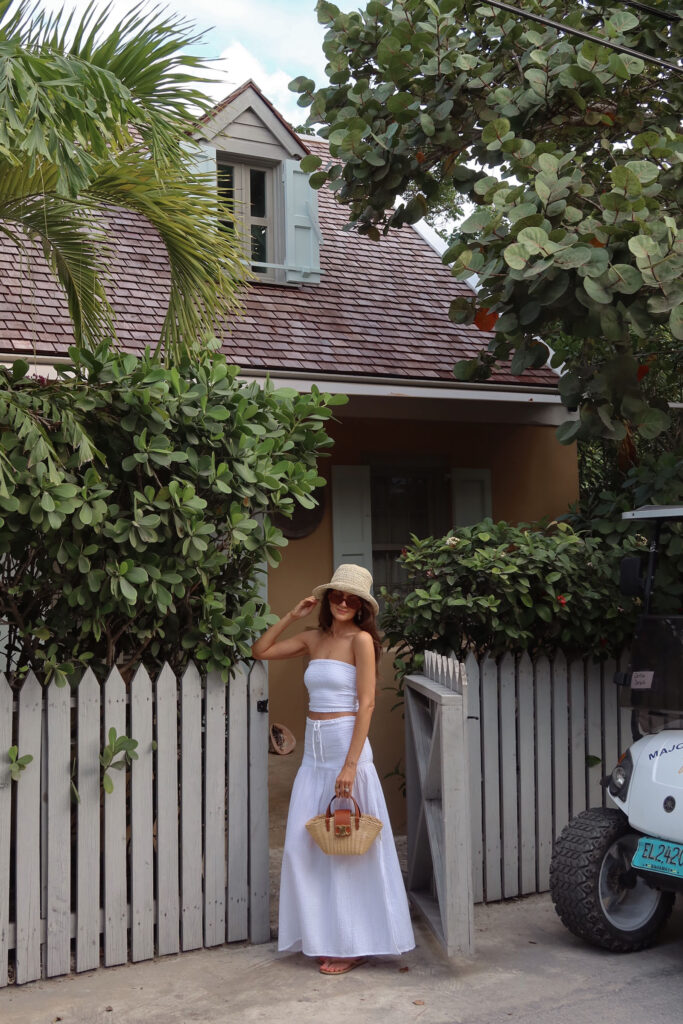In 2023, one of my reading goals is to go back to reading more books about other countries. I used to be in a book club that focused on international reads but I gave that up. So this year my challenges...
In 2023, one of my reading goals is to go back to reading more books about other countries. I used to be in a book club that focused on international reads but I gave that up. So this year my challenges will focus on reading about other countries. Ideally, the book should be written by an author who lives in that country or whose family is from there, though that’s not always the case.

My first read of 2023 is Elif Shafak’s The Island of Missing Trees, which is set in Cyprus in the mid-1970s and in the early 2000’s, and then London in the late 2010’s, focusing on the civil war in 1974 between the Muslim Turks and the Christian Greeks. It was shortlisted for the 2022 Women’s Prize for Fiction. Shafak is a well-known British and Turkish author.
This was a strange read but one I found compelling in many ways. It’s strange because a good part of the story is told from the point of view of a fig tree. It depicts three timelines rather than the usual one or two. But the writing was beautiful and the characters rich and complicated.
In London, 16-year-old Ada is struggling to deal with the death of her mother and grief of her father. She’s completely isolated, without friends at school or family, and she knows nothing of her family history. Her father seems more obsessed with the fig tree in their backyard. In school one day, just before the winter holiday break, she starts screaming for no clear reason.
As we learn about Ada, we jump back in time to when her father and mother, Kostas and Defne, are teenagers in Cyprus in 1974. As the Turkish and Greeks go from being neighbors to outright warfare, all interaction between the two sides is forbidden, and violence will erupt if Kostas and Defne are found together. A tavern with the best food in town and a fig tree growing on the inside, reaching out through a hole in the roof, offers them a safe place to meet.
I appreciated the detailed history I learned about Cyprus’ civil war, a conflict that still exists today. I loved that the story wasn’t always what I expected, and the characters were far from perfect. Ada is angry and Kostas goes through his life avoiding conflict and not always fighting for what matters, not always seeing what he should. I loved the aunt who speaks in platitudes. This is a story about good people who go through terrible things.
Love is the bold affirmation of hope. You don’t embrace hope when death and destruction are in command. You don’t put on your best dress and tuck a flower in your hair when you are surrounded by ruins and shards. You don’t lose your heart at a time when hearts are supposed to remain sealed, especially for those who are not of your religion, not of your language, not of your blood. You don’t fall in love in Cyprus in the summer of 1974. Not here, not now. And yet there they were, the two of them.
Elif Shafak, The Island of Missing TreesI also appreciated learning quite a bit about trees, such as which trees have a specific “gender”, and how and why you might want to bury a tree in the winter, and how studies have shown that trees “remember” trauma from one generation to the next. This ties in nicely with my interest in reading more about nature. There were times I found the narrative from the tree to be a bit overbearing, and it was clearly often a not-subtle way to move the plot forward as the tree could “witness” things that the main characters did not. I thought it a bit unnecessary at times and a distraction. But Shafak also uses the tree to nicely tie together its two countries and three main characters, and as the author explains, trees give us a larger perspective on history than individual characters can. Thematically, the tree is a witness, an immigrant, even a friend.
All together, I found this a compelling and memorable book, one where I learned quite a bit about a place and a history I knew nothing about. A very good way to kick off my reading year.















